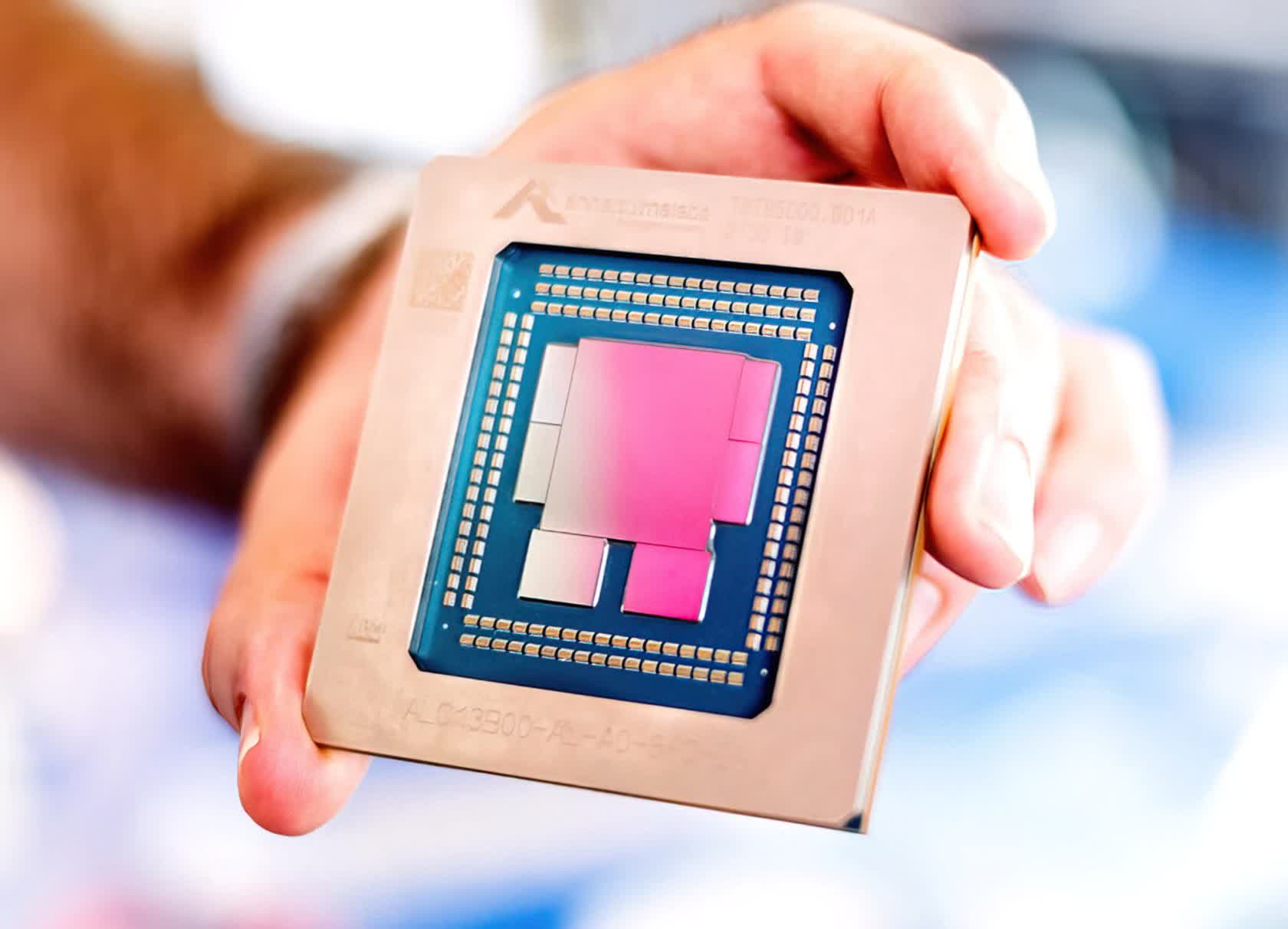Something to look forward to: There are rumors that Qualcomm, among others, are looking to buy Arm. After the failed saga of Nvidia trying to buy Arm, it looks largely impossible that any other company could run the regulatory gauntlet. For its part, Arm does not seem terribly enthusiastic about going public later this year or next, but seems to have no other options. That being said, there is one scenario that could square this circle – a consortium of major Arm licensees could buy Arm. This could potentially include Qualcomm, Mediatek, Nvidia, Broadcom, AMD, Tsinghua Unisoc, among others.
In theory, this would address everyone's concerns. Softbank could get an exit from its investment, something that it has repeatedly signaled it is eager to obtain. Arm's executives could remain free from the scrutiny of public markets, and theoretically secure funding for its strategic plans, whatever those may be. And Arm licensees could get assurance that Arm progresses on its much-needed roadmap, without having a competitor dominate that roadmap to everyone else's detriment.
Editor's Note:
Guest author Jonathan Goldberg is the founder of D2D Advisory, a multi-functional consulting firm. Jonathan has developed growth strategies and alliances for companies in the mobile, networking, gaming, and software industries.
The practicalities, however, are far less straightforward. The first concern would be under what structure would the company exist. Softbank wants an exit, and no one else would want to consolidate Arm in its own financials, so the company would have to become some standalone, private entity. This likely involves inviting in a private equity investor. This would bring with it the added benefit of having a 'neutral' party as the leading voice on the Board. But any such investor will primarily be motivated by financial returns, as opposed to the strategic needs of everyone else in the consortium.
As with any scenario, it is unclear how or if Arm would acquire the capital increase it has repeatedly said it needs, private equity is not known for R&D investment. So ultimately, Arm is going to have to go public at some point, but maybe this path gives them a much longer time to prepare for that.
A second problem can best be described as 'how to herd a bunch of cats'. That list of potential participants is very diverse, with a wide range of competing interests. Each of them would participate on the principle of protecting their individual strategic interest, and thus presumably want to have some influence on the company. This runs counter to the idea that the new company is independent.

This is not an impossible barrier, but it means that aligning everyone's incentives will require some very complex negotiations. Ultimately, the devil will be in the details here - how do the various blocks align and who ends up with a decisive vote that translates into outsize influence down the road.
Another important question is what will it mean for everyone else. We have written extensively about the conflict inherent in Arm's current pricing regime which penalizes new entrants to the benefit of large, established customers. If those large customers end up in control of Arm, then the one thing they can all agree on will be further entrenching that conflict. This matters a lot for the company's long-term prospects, in whose interest will the new owners vote?
And finally, there is the question of China. Our best guess is that China's government will be willing to sign off on the deal if Chinese companies get to participate in the consortium. We added Tsinghua Unisoc to our list above, as they are the most likely candidate, but there are others.
Could Huawei's HiSilicon join? They were once one of the top Arm licensees, and show signs of re-emerging from under the US Government's proscriptions against them. Would they be allowed to participate? And since the resolution of the Arm China soap opera, Arm has been on a tear there signing a lot of deals, how will all those companies feel about some new group of American owners?
Ultimately, we suspect the recurrence of these rumors means that someone, somewhere is negotiating this kind of deal. Arm's bankers have to at least entertain the idea as an alternative to an IPO. So of course, the question will likely come down to valuation in the end.
The public markets have already given some pretty clear signals as to the value of an Arm IPO, and it is well below the $40-ish billion Nvidia offered. Would the consortium be willing to pay above the Street? The answer to that will depend on how much of a premium they will pay for control of the company, which of course goes against everything we wrote above. If we had to guess, we would say this is the company's preferred option, but it is complex enough to mean this outcome is far from certain.
